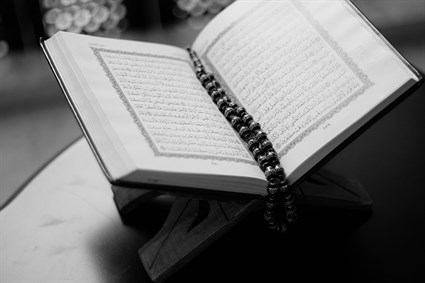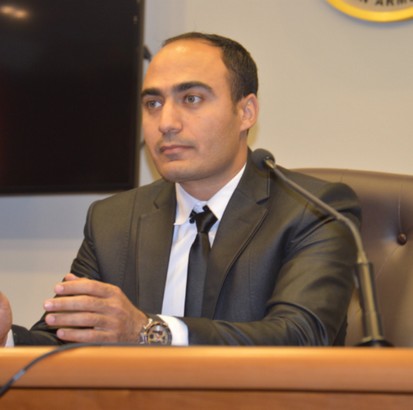The Challenges of Translating the Quran
The Quran (القرآن الكريم) is the central religious text of Islam. Muslims believe Allah gradually revealed the Quran to the Prophet Muhammad through the angel Gabriel over approximately 23 years, beginning in 609 CE. For the nearly two billion Muslims across the world, the Quran is considered the most important religious reference. Due to the sacred nature of the Quran, the attempts of translating the Quran are considered interpretations of the meanings, rather than an actual translation of the holy text.

To understand the importance of Quran translations, it is worth mentioning that only 20% of Muslims are Arabic speakers. The majority of Muslims across the world depend on a translation to understand the Quran. The Quran is now translated into most African, Asian and European languages.
The Quran is written in a highly symbolic and classical form of the Arabic language, so translating it requires a profound understanding of its meanings and an ability to reflect those meanings into the target language.
The challenges of translating the Quran include:
- Arabic words can have a variety of different meanings depending on context and the didactical symbols can change the meaning of a word significantly.
- The Quran should only be recited in Arabic during prayers, so the translation should be accompanied by a transliteration.
- The Quran is written in Classical Arabic, which is different from the Modern Standard Arabic that is used today. The structure and some words have changed over time. Therefore, it is not just the work of a single translator and it cannot be done by any native Arabic speaker. It requires a full committee of Islamic scholars who have great mastery of the Classical Arabic language, Islamic studies and the target language.
- The Quran has to be interpreted in light of the historical circumstances of the early Muslim society when the Quran was revealed.
- The Quran and Hadith are deeply related, so scholars attempting to translate the Quran should be fully aware of the Hadith and Sirah, which are the sayings and narrations of Prophet Muhammad’s life reported after his death. There are some verses that can be understood completely because of the Hadith.
In history, the first attempt of translating the Quran was in the 7th century by Salman Al Farsi, who translated the first verse into Persian. Then in the 10th and 12th centuries, Persian Islamic scholars completed the Quran translations into Persian. The translation efforts continued from then and by 2010, there were translations in 112 languages. Unfortunately, not all of these translations are accredited, as some of them were done by non-Muslims and non-native Arabic speakers. But there are distinguished efforts done by Muslim organizations in many countries, which ensure that it is translated, revised and edited by a committee of highly selective Muslim scholars.
